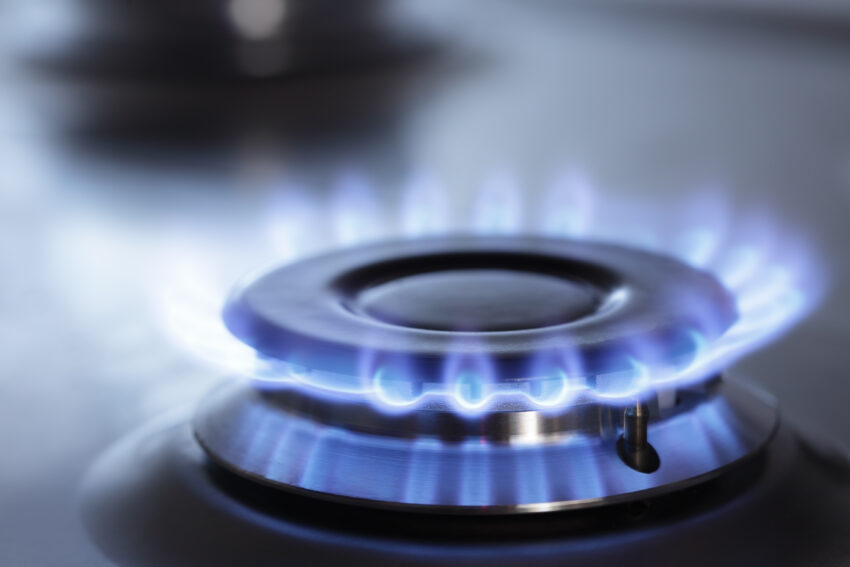Ultra-high energy bills are here to stay
Household energy bills will remain historically elevated into 2024, revealed Cornwall Insight, meaning the cost of living crisis will not be easing for Brits any time soon. Read more: Ultra-high energy bills are here to stay


Household energy bills will remain historically elevated into 2024, revealed Cornwall Insight, meaning the cost of living crisis will not be easing for Brits any time soon.
The energy specialist warned in its latest gloomy analysis on the price cap that a typical household’s energy bill will be well over £3,000 per year for at least the next 18 months.
This will peak in second quarter of next year, when prices for the default tariff are expected to average £3,729 per year – which will barely ease over next summer.
The painful longevity of high household energy bills, which spiked to a record £1,971 per year this April, has been powered by booming post-pandemic demand and continued wholesale market volatility following Russia’s invasion of Ukraine.
There are now extensive concerns over Russian gas supplies ahead of winter, with the Kremlin-backed gas giant Gazprom severely cutting flows into Europe in recent weeks amid a dispute over a turbine for a key pipeline.
The troubled continent relies on Russia for around 40 per cent of its imports, and the European Union (EU) is scrambling to secure alternative supplies and cut usage to reduce the possibility of blackouts and supply shortages.
While the UK only relies on Russia for four per cent of its gas supplies, markets are global and the domestic benchmark is volatile to instability in Europe.
The UK is connected to European supplies via interconnectors, and its primary vendors such as Norway are also looking to help the EU meet its energy needs.
Energy giants are making vast profits from soaring oil and gas profits, with BP the latest to unveil bumper second quarter earnings.
Rivals such as Shell and Equinor, alongside Stateside operators such ExxonMobil and Chevron have also reported massive profits.
Read more:
Ultra-high energy bills are here to stay






















